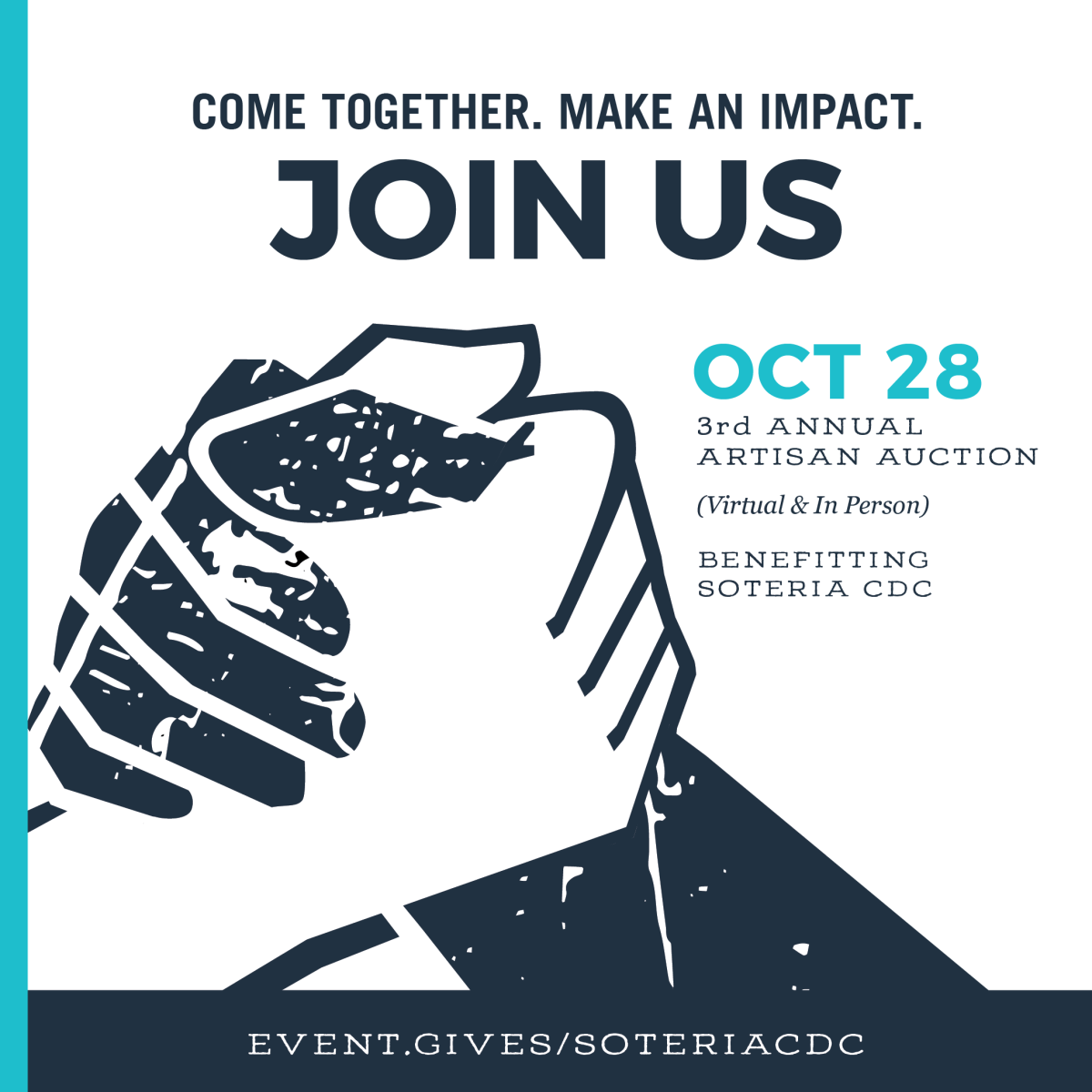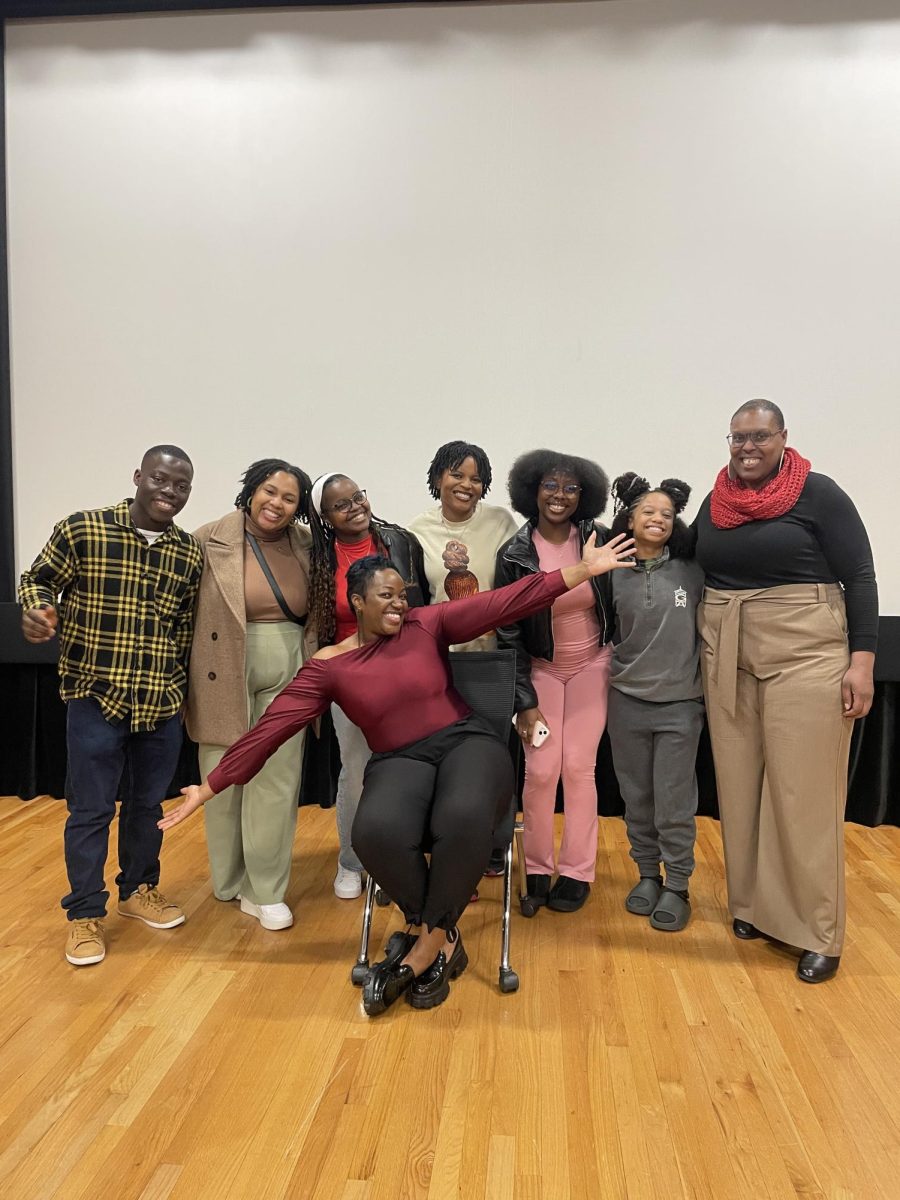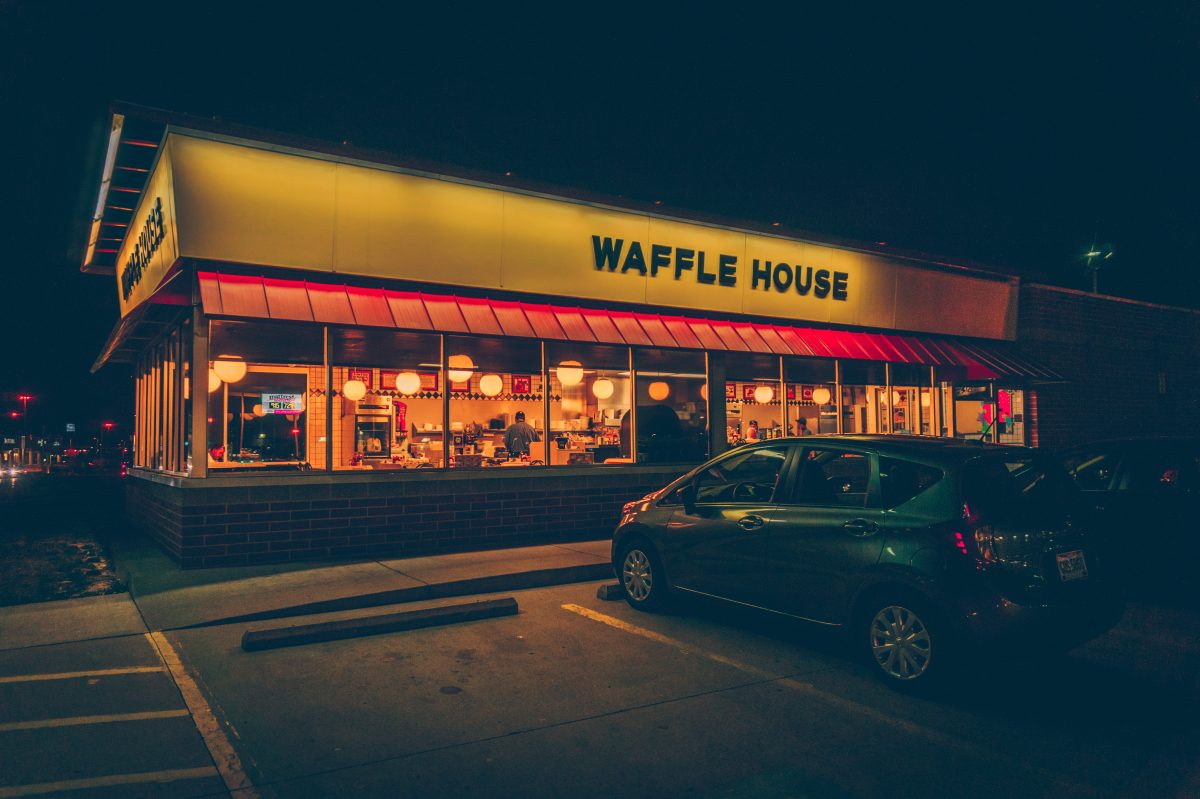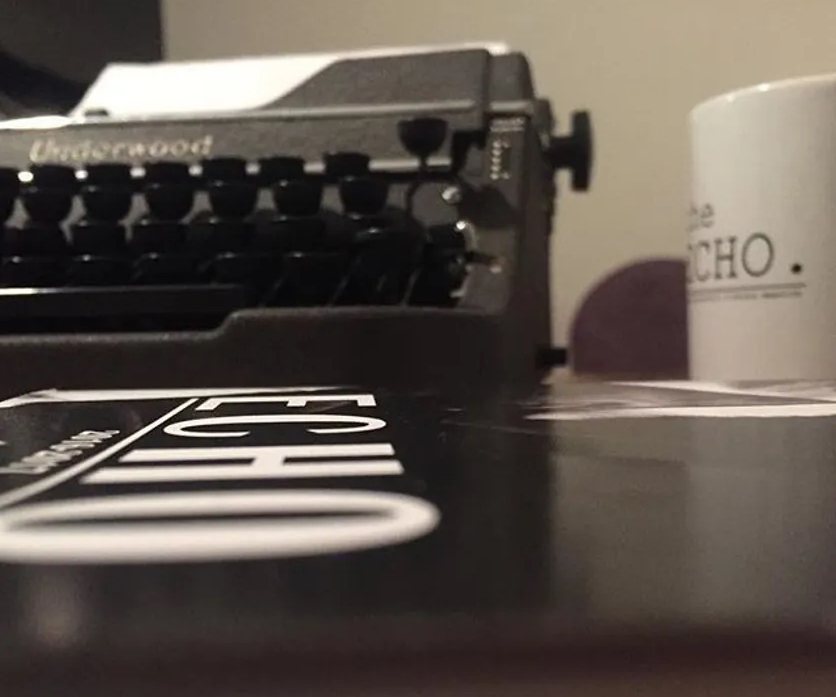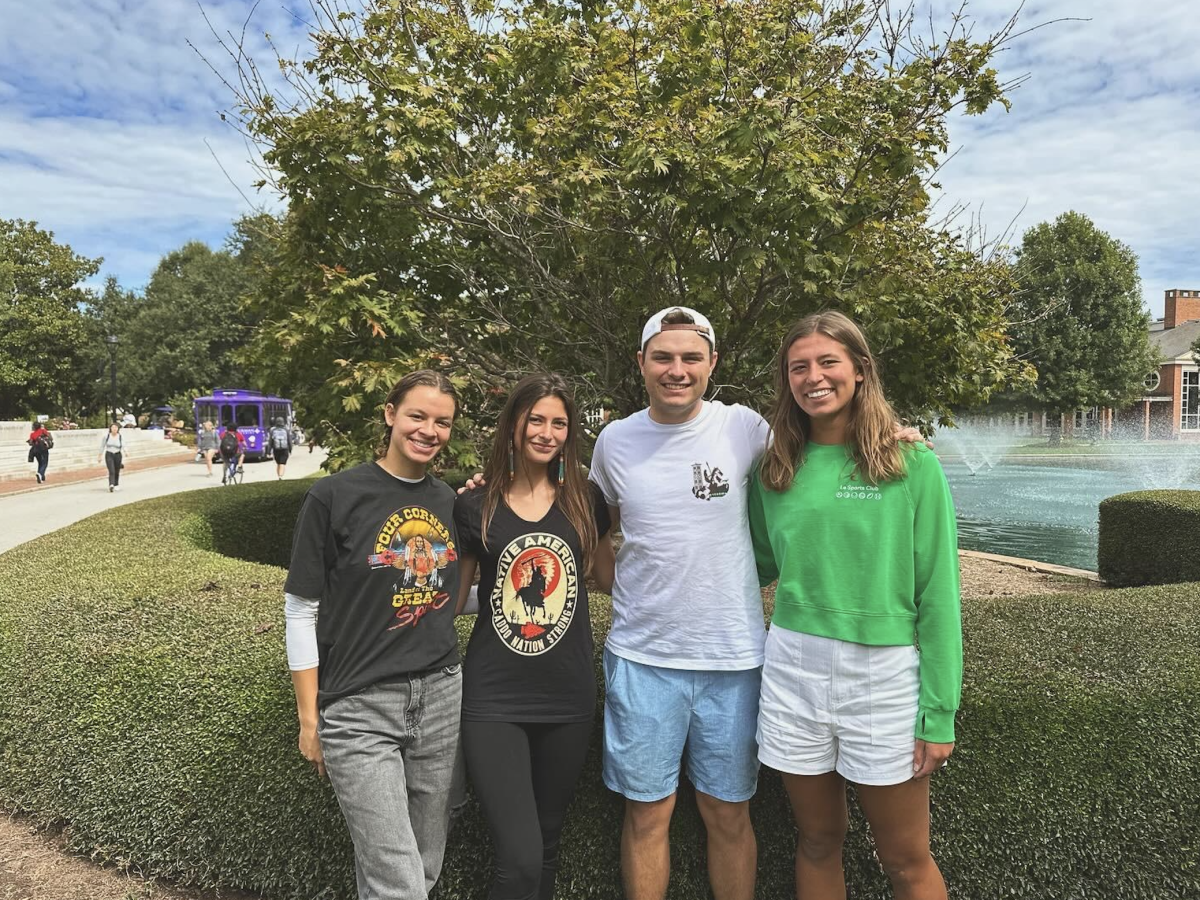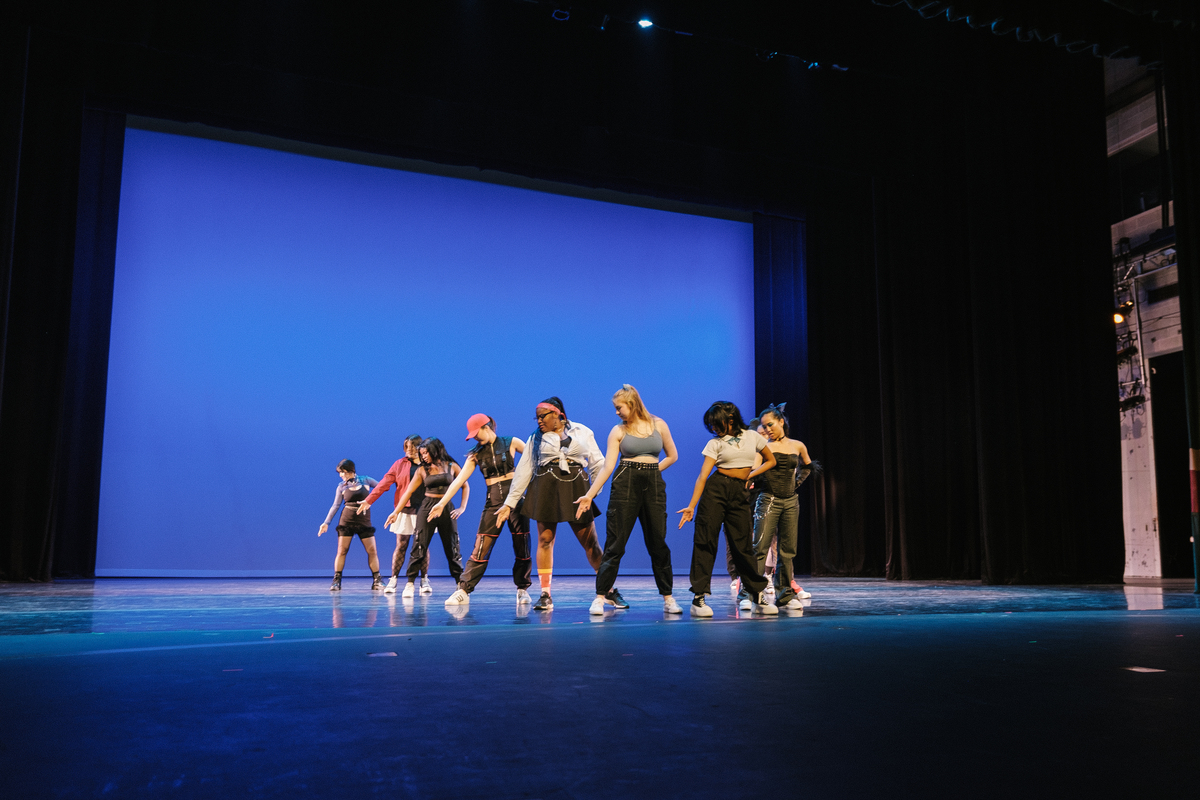What would you do if you went to prison? Moreover, what would you do when you got out of prison? Instantly, most of us would answer: “Get a job, find a place to live, and get back on my feet.” But in reality, integrating back into ordinary life is really not as easy as it sounds. Men and women are released from prison with the clothes on their back, a bus ticket, and maybe their prison ID, meaning they have not been given the tools or means to immediately thrive post-incarceration. That is where the Soteria Community Development Corporation (Soteria) comes in. Located here in Greenville — not far from Furman, actually — Soteria works tirelessly to help individuals transition back into society post-incarceration.
Soteria’s program is six months to one year long and provides interns — their term for the individuals in the program — a place to stay, meals, job training, clothes, rides to and from work, responsibility and a place to hang out. Being a faith-based organization, Soteria also offers the interns a place for reflection and worship. Occupationally, the organization places a strong emphasis on social enterprising and has thus provided their interns job training in landscaping, construction, recycling, and deconstruction. Currently, the enterprise of focus is woodworking.
Soteria was founded in 1999 by Jerry Blassingame, who himself was formerly incarcerated. After being released and experiencing the difficulties of re-assimilation, he founded Soteria to help other people undergoing this transition. In addition to his work at Soteria — where he calls several Furman students coworkers — he also works tirelessly as an advocate for criminal justice reform.
For the past three years, Soteria has held an art auction as a fundraiser for the organization. And while the first auction in 2019 celebrated Soteria’s 20th anniversary, this year’s auction — on Oct. 28 at Fluor Field from 7-9pm — will celebrate the event’s in-person return, as last year’s fundraiser was virtual due to the pandemic. Soteria’s Director of Marketing, Catherine Blount, said that the organization chose this type of fundraiser because of their dedication to self-sufficiency. Most of the auction pieces are actually the works of the interns themselves, created during their social enterprise activities. For example, this auction will feature lots of reclaimed wood pieces crafted by the interns themselves! This aspect of the fundraiser makes this cycle’s social enterprise, “Soteria at Work,” multi-purposed: it generates a profit for Soteria while also teaching interns an occupationally-focused skill and financial independence.
In addition to the interns’ work, the auction regularly features work donated by local Greenville artists. Blount remarked that the Greenville art community’s generosity and support for Soteria has been invaluable over the years, both because of their tangible donations but also because of their support of Soteria’s mission and interns. Their continual support, Blount stated, means more to the individuals in the program than people know.
Ms. Blount left me with some statistics to share. While criminal justice reform does not directly impact us all, it is an issue that nevertheless deserves immediate and sustained attention. For those who have not had to think much about the realities of criminalization in the US, here are some statistics to leave you with:
· Mass incarceration is a human rights issue impacting over 2.3 million adults and youth along with families and victims.
· Lifetime likelihood of imprisonment of US Residents born after 2001:
o 1 in 17 White males
o 1 in 6 Hispanic males
o 1 in 3 Black males
o 1 in 111 White women
o 1 in 45 Hispanic women
o 1 in 18 Black women
· There are 48,000 laws and statutes, often called collateral consequences, that continue to punish people with records AFTER their sentence is over.
· Over 60% of formerly incarcerated people in the US remain unemployed a year after release.
Soteria is a shining example of an organization dedicated to helping those recently released from prison, and their belief that everyone can be successful in life after prison is having a true impact on those they serve. For example, the individuals who spend at least 30 days in the 6-12 month program have a 4% recidivism rate, meaning only 4% go back to prison. Soteria proves that providing released persons a community of support does help those individuals succeed, and Soteria is asking students and parents at Furman to help in that mission. If we all come together, we too can have a positive impact on those around us and, more specifically, those in this program. Help parents come home. Lower crime, create jobs, and give hope. And while Soteria is actively looking for Furman students to get involved in the program, below are some other ways you can have an impact today:
Tickets to our Fundraiser: https://event.gives/soteriacdc
Follow us on FB, IG, Pinterest: @soteriacdc and @soteriaatwork
Learn more about us: www.soteriacdc.org and www.soteriaatwork.com



































